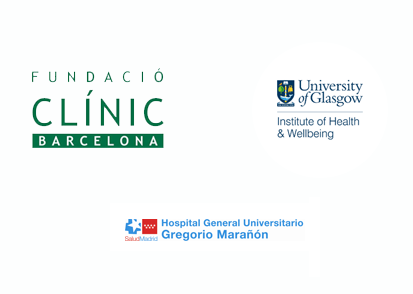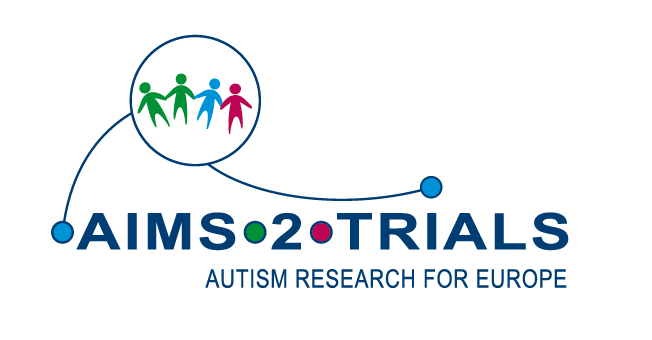
Development of medicines is a key priority within the AIMS-2-TRIALS research programme and this will be achieved primarily via two clinical trials. A clinical trial is a specific type of research study that evaluates an intervention; in this case a medicine. The main goal of a clinical trial is to make sure that the intervention is safe and effective; that it is achieving the desired results with minimal and fewer harmful side effects than the current standard interventions. Clinical trials consist of several phases to test for safety, effectiveness and to understand whether the intervention works for the whole population or just a sub-group.
The first clinical trial in AIMS-2-TRIALS is testing a medicine called arbaclofen, with the goal of improving social functioning in daily life for those who want such help. This clinical study expands on the results from a previously conducted phase 2 trial which found that the medicine was helpful, but only for some people. Therefore, our first clinical trial has taken this promising work further, focusing specifically on those participants (younger age group and with an on average higher level of intellectual functioning) for whom the medicine had the desired outcome: a positive effect on their social functioning. In addition, our clinical trial also includes other exploratory biomarkers to study whether and which participants may be more likely to improve than others. Ultimately, as this is a phase 2 trial, one of the main aims continues to be the safety and tolerability of the medication in this subpopulation.
We are aware of the need to increase meaningful collaboration between researchers and autistic people, including and involving them in the early stages of research development. With this in mind, three members of the Autism Representatives (A-Reps) group joined the clinical trials update session at the 2019 annual general meeting, where they were able to ask questions, raise concerns and review and provide feedback on the information sheets and consent forms to be used in the study, to ensure that the information was clear and accessible. Since then, five A-Reps have been invited to join the ongoing group that has been tasked with coordinating the second clinical trial (the Trials Advisory Board).
Currently, research sites in Madrid, Barcelona and Glasgow have started recruitment for the first clinical trial. Other participating teams are based in Newcastle, Edinburgh, London and Paris, and are getting ready to start recruiting and testing within the next few weeks.
While the first trial is underway, the Trials Advisory Board, which includes A-Reps, will select a medication to be tested in the second clinical trial. The medication to be tested will be selected from a shortlist of potential candidate medicines, and the decision will be made based on medicine safety and tolerability, preliminary findings, availability, rationale for a mechanism of action, being capable of stimulating measurable brain changes, ease of administration, biomarker availability, and good potential to impact a specific core symptom or co-occurring difficulty. The Trials Advisory Board expects to make a final decision on the new compound by December 2020. More information will be published on our website as it becomes available.







